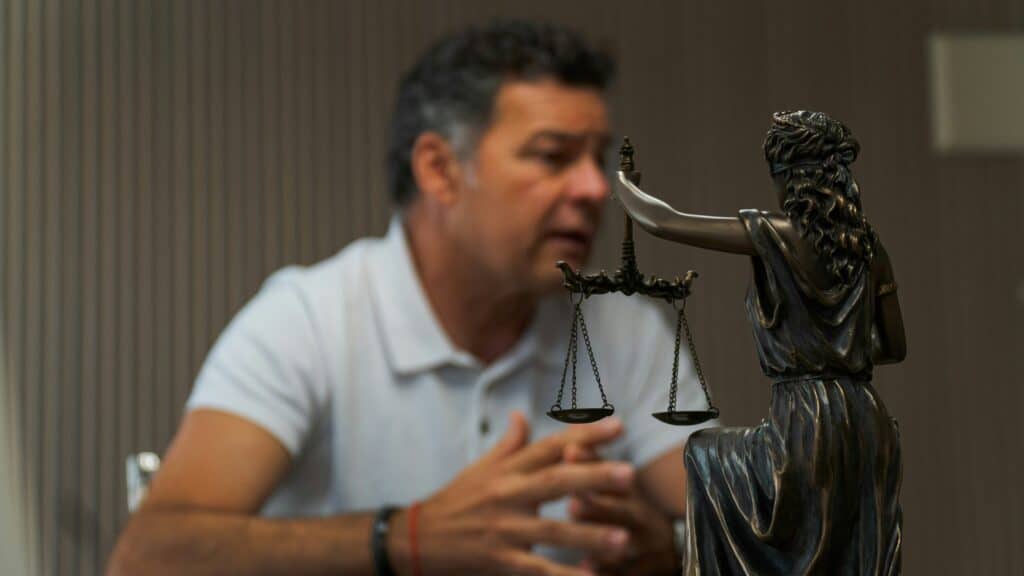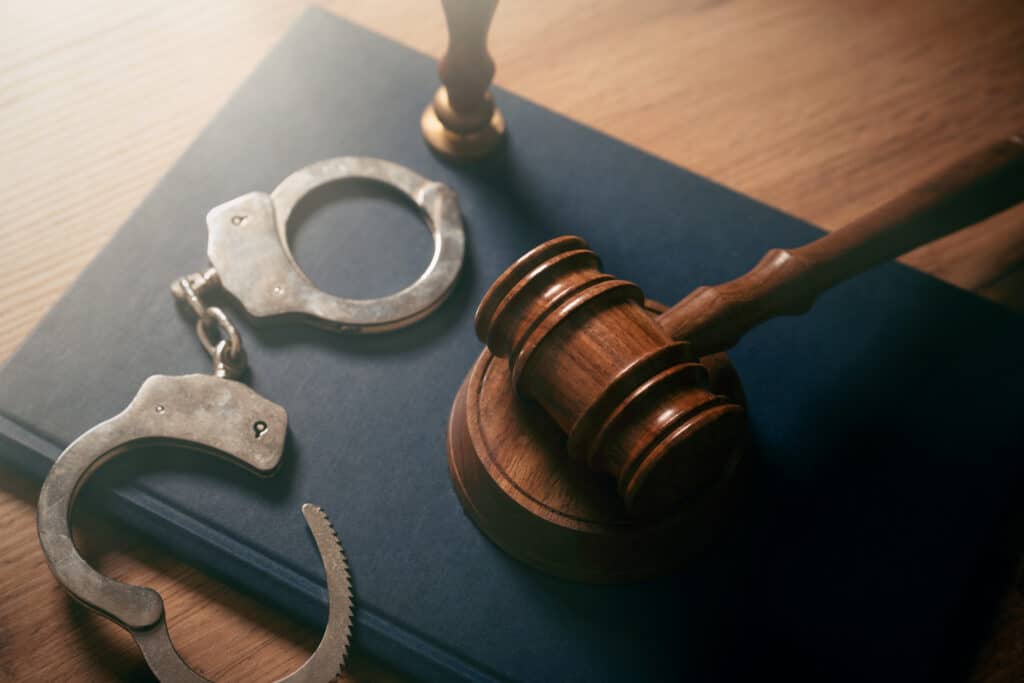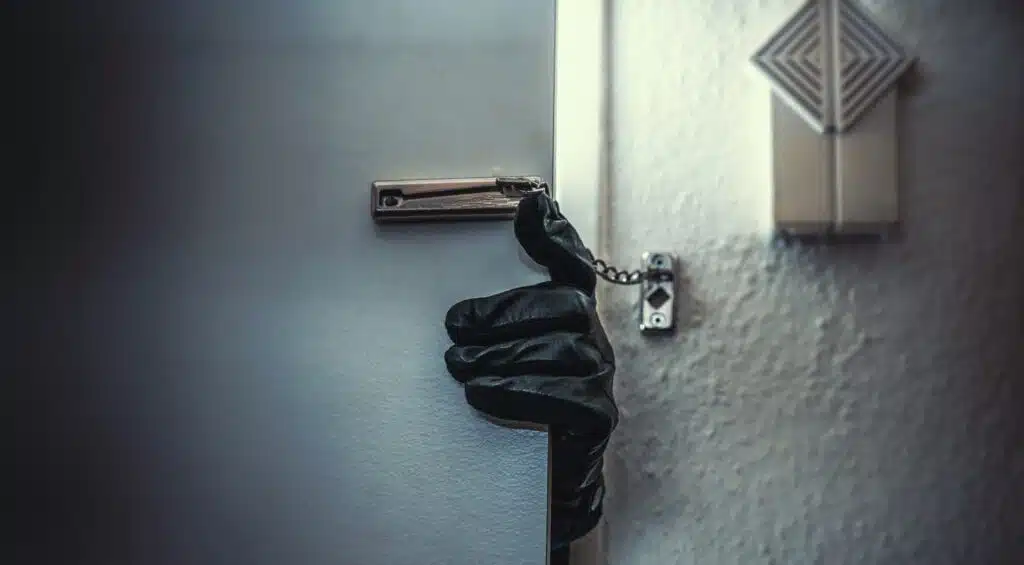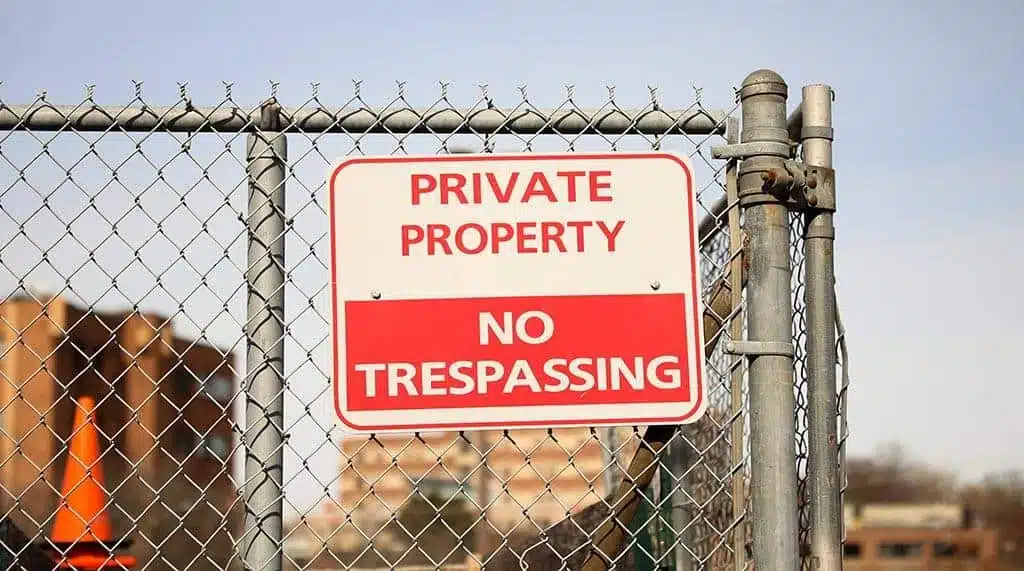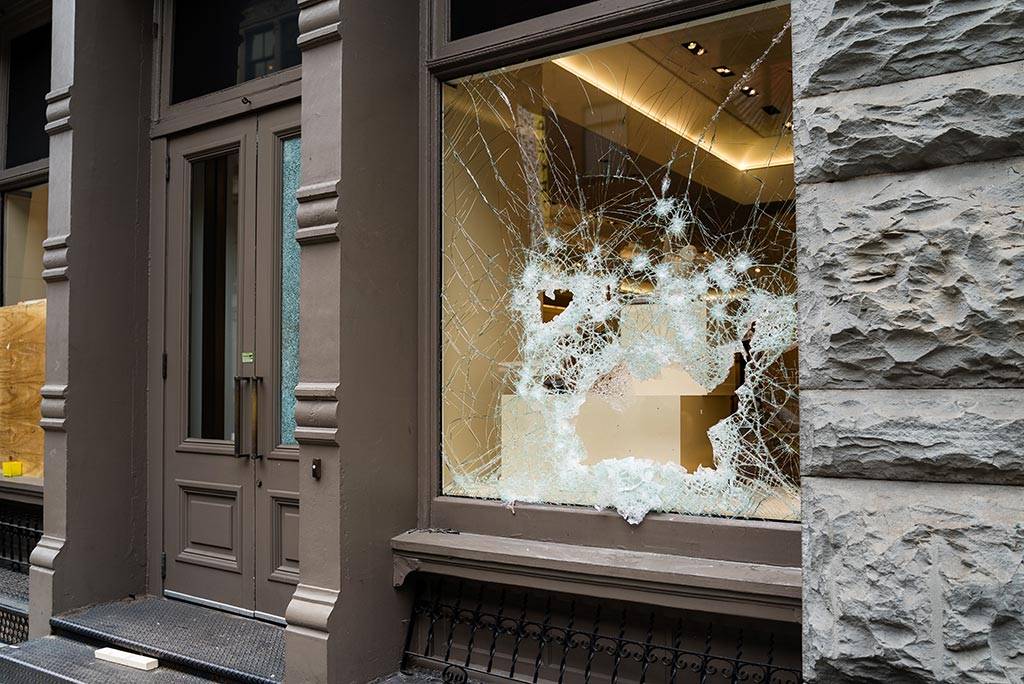You’re in the middle of an argument with your partner, and anger starts to overwhelm you. You walk away to avoid escalating the situation, but once alone, you impulsively punch the wall. What seemed like a quick release of frustration has now left you with a damaged wall and the possibility of facing a criminal mischief charge.
This is just one example of how criminal mischief and property damage can occur. But it’s more than just an outburst; under Colorado law, criminal mischief involves intentionally damaging someone else’s property without their consent. Let’s dive deeper into the laws surrounding criminal mischief in Colorado and how you can best handle these types of situations.
What Is Criminal Mischief?
Criminal mischief, as defined under Colorado Revised Statutes Section 18-4-501, occurs when an individual knowingly damages the real or personal property of another without the owner’s consent.
Under Colorado law, the statute defines criminal mischief as an intentional action that damages another person’s property, whether tangible, such as a car, or intangible, like software. Unlike accidental damage, criminal mischief involves deliberate acts of destruction or tampering with property. Importantly, the value of the property damaged determines the severity of the charge – whether it’s classified as a petty offense, misdemeanor, or felony.
Colorado Revised Statutes Section 18-4-501 is particularly strict about determining intent and requires the prosecution to demonstrate that the accused acted with the purpose of damaging property. The law also covers cases where someone damages their own property if it is co-owned, such as during divorce disputes, when consent from the co-owner was not granted.
Degrees of Criminal Mischief: Petty Offense, Misdemeanor, and Felony
Colorado categorizes criminal mischief based on the value of the property damaged, and this charge can range from a petty offense to a serious felony. Each category carries specific penalties, which are outlined in the chart below.
Penalties & Charges Based on Property Value
| Value of Property Damaged | Charge Level | Penalties |
|---|---|---|
| Less than $300 | Petty Offense | Probation, up to 10 days in jail, up to $300 in fines |
| $300 to less than $750 | Class 2 Misdemeanor | Up to 1 year in prison, up to $1,000 in fines |
| $750 to less than $1,000 | Class 1 Misdemeanor | Up to 1.5 years in prison, up to $5,000 in fines |
| $1,000 to less than | Class 6 Felony | Up to 1.5 years in prison, up to $100,000 in fines |
| $5,000 to less than $20,000 | Class 5 Felony | Up to 3 years in prison, up to $100,000 in fines |
| $20,000 to less than $100,000 | Class 4 Felony | Up to 6 years in prison, up to $500,000 in fines |
| $100,000 to less than $1 million | Class 3 Felony | Up to 12 years in prison, up to $750,000 in fines |
| Over $1 million | Class 2 Felony | Up to 24 years in prison, up to $1 million in fines |
Consequences of a Criminal Mischief Conviction
A criminal mischief conviction creates a permanent criminal record, which can hinder your ability to secure employment, obtain housing, or even apply for professional licenses.
Many employers and landlords conduct background checks, and a criminal record can lead to immediate disqualification. Additionally, a felony conviction limits your voting rights, access to certain benefits, and potential eligibility for loans or financial aid.
For non-U.S. citizens, a criminal mischief conviction can have devastating immigration consequences, especially if it’s a felony or linked to domestic violence. Convictions can lead to deportation proceedings, denial of visa or green card renewals, and even a permanent ban from the United States.
Colorado allows for certain criminal mischief convictions to be sealed or expunged, but this depends on the severity of the charge.
Most misdemeanors can be sealed after two to three years, but felony convictions, especially those involving domestic violence or higher-class felonies, may not be eligible for sealing. This makes it crucial to consult with an attorney to determine your options.
How Are Criminal Mischief Charges Resolved in Colorado?
The resolution of criminal mischief charges in Colorado can take various forms, from plea deals to trials. The path taken depends on the scope of the charge, the evidence, and whether the defendant chooses to fight the charge or negotiate a settlement.
Trial vs. Plea Deals
Many criminal mischief cases are resolved through plea deals, especially if the evidence strongly supports the prosecution’s case.
In a plea deal, the defendant agrees to plead guilty to a lesser charge or accept a reduced sentence, avoiding the uncertainty of a trial. This can be advantageous if the defense believes that going to trial could lead to harsher penalties, particularly in cases involving higher-value property damage or related domestic violence charges.
On the other hand, if the evidence is weak, if the defendant has a strong defense, or if the consequences of a conviction are too severe to accept, it may be better to take the case to trial.
In a trial, the defense can challenge the prosecution’s evidence, cross-examine witnesses, and present alternative scenarios. If successful, the charges could be reduced or the defendant acquitted entirely.
What Is the Court Process?
A typical criminal mischief case in Colorado follows a standard court process:
- Arraignment. The defendant is formally charged and enters a plea (guilty, not guilty, or no contest).
- Pre-trial motions. Both the defense and prosecution may file motions to exclude evidence, dismiss charges, or challenge the validity of the case.
- Discovery. The defense reviews the prosecution’s evidence, including police reports, witness statements, and expert analyses.
- Plea bargaining. If a plea deal is considered, negotiations occur between the defense and prosecution.
- Trial. If no deal is reached, the case proceeds to trial, where both sides present their evidence and arguments.
- Verdict. The judge or jury delivers a verdict. If the defendant is found guilty, sentencing follows.
- Sentencing. The court imposes penalties, which may include fines, jail or prison time, probation, or community service.
The complexity of this process underscores the importance of having experienced representation to navigate the legal system.
Common Defenses Against Criminal Mischief Charges
A skilled defense attorney can use various strategies to fight criminal mischief charges, depending on the circumstances of the case.
Accidental Damage
If the defense can demonstrate that the property damage was accidental and lacked any criminal intent, the charges may be dismissed or significantly reduced. For example, if damage occurred during an unavoidable accident, rather than an act of malice, this can be a viable defense.
Self-Defense
In cases where property was damaged during an act of self-defense – such as protecting yourself or another person from harm– this can be used as a defense. Colorado law recognizes that individuals may have to act quickly in self-defense, even if it results in damage to property.
Mistaken Identity or False Accusation
A defense may also challenge the identification of the accused, especially if the evidence relies on witness testimony or circumstantial proof. In cases where the accused is falsely implicated, an attorney can focus on disproving the accusations or presenting an alternative explanation.
The Role of a Criminal Defense Attorney in Criminal Mischief Cases
An experienced Denver criminal mischief defense lawyer plays a very important role in criminal mischief matters, particularly when complex circumstances or high stakes are involved.
A good defense attorney will conduct a thorough investigation, gathering evidence, interviewing witnesses, and reviewing the property damage reports. They’ll examine whether the charges are overblown or if there is a clear lack of intent.
In many cases, they can negotiate plea deals, reducing charges and penalties, or even getting the case dismissed if the evidence is weak.
Not all attorneys are equipped to handle complex criminal mischief cases. When hiring a defense lawyer, it’s crucial to choose someone with experience in criminal mischief and domestic violence law.
A lawyer who understands the nuances of these charges will know how to navigate the legal system, advocate for reduced charges, and ensure your rights are fully protected.
Final Thoughts about Criminal Mischief in Colorado
Criminal mischief charges are serious, and the consequences can affect every aspect of your life, from your freedom to your future opportunities. If you are facing these charges, contacting a criminal defense attorney immediately is essential. They can help you understand your rights, explore your defense options, and work towards the best possible outcome for your case.
Whether you’re facing a petty offense or a felony, having a skilled legal advocate on your side is critical to protecting your future. Don’t leave your case to chance — seek the help of an experienced attorney who understands the complexities of criminal mischief law in Colorado.


